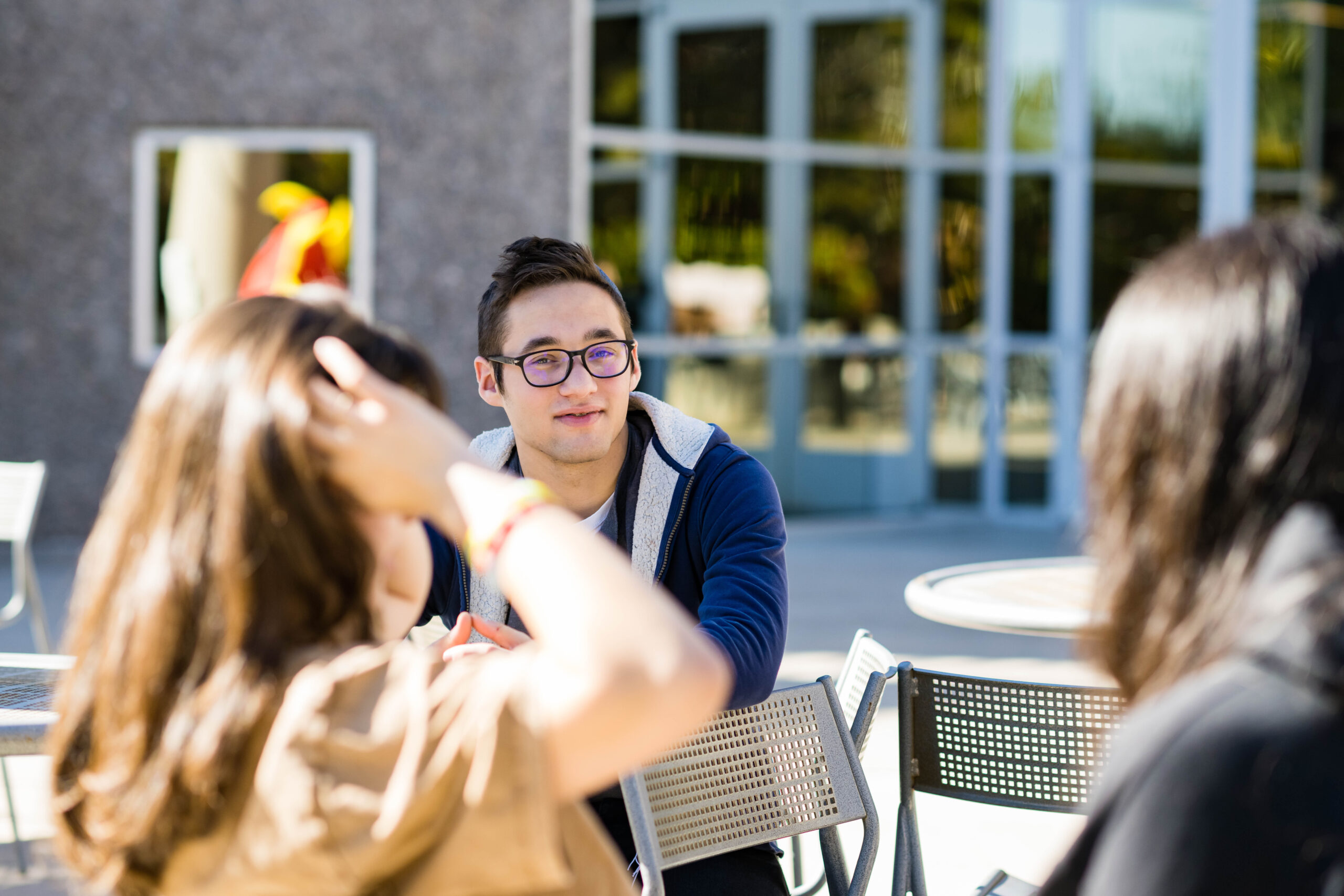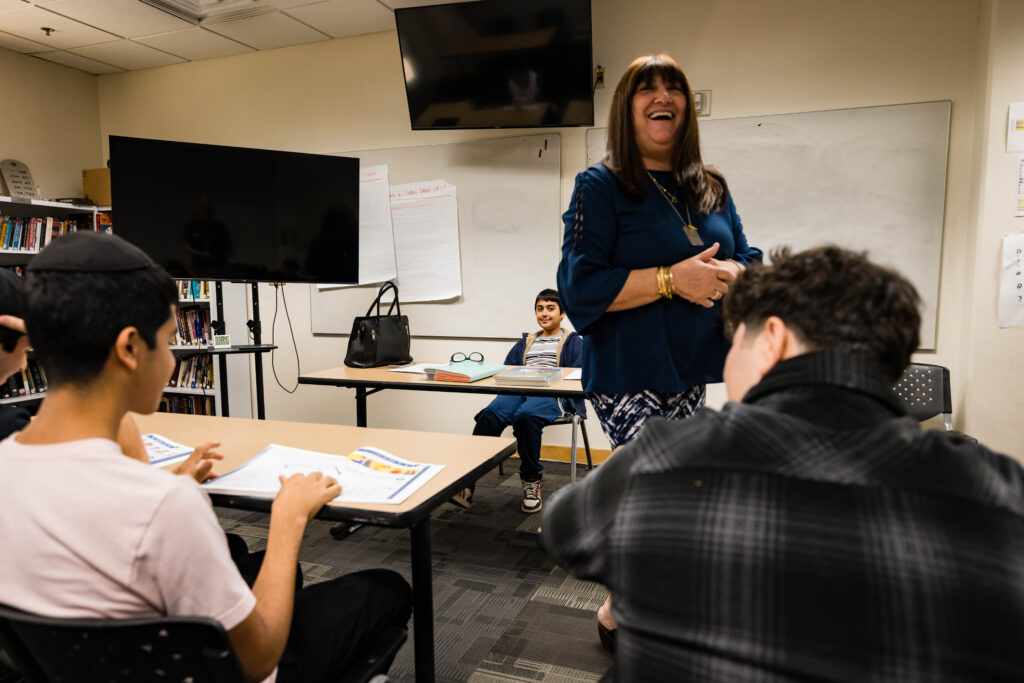Flexible dual enrollment is expanding college access for nontraditional learners with Accelerate ASU

Accelerate ASU is helping nontraditional schools deliver rigorous, college-level learning—without compromising flexibility, mission or access.
Dual enrollment has long been a bridge between high school and college—but for nontraditional schools, it hasn’t always been accessible. Barriers like limited faculty, lack of advanced coursework, and unique learner needs have made it hard to implement. Accelerate ASU, one of the largest university-led dual enrollment programs in the country, is changing that.
With more than 500 partner schools and over 22,000 students served, Accelerate ASU is designed to flex and adapt to schools of all sizes, models and missions. It offers college courses taught by ASU faculty, with no GPA requirements to enroll. Students only transcript the course if they pass and want to record the credit—making it a low-risk, high-reward option.
At Christa McAuliffe Academy School of Arts and Sciences, a global online school serving students in unique learning situations, flexibility is everything. Accelerate ASU lets students complete courses in as few as six weeks, supporting learners who need asynchronous pathways—including one tennis player who used it to meet NCAA requirements and start college on time.
Online G3, a small school serving gifted and homeschooled students, uses Accelerate ASU to offer true college-level coursework for learners. Founder Jaime Smith notes that the program helps students test the waters of college without long-term pressure—building both skill and confidence.
At Arizona Jewish Academy, a small high school in Phoenix, the challenge was balancing advanced academics with Jewish cultural values. Accelerate ASU offered a way to expand rigor without sacrificing mission. “Partnering with ASU allows us to offer advanced learning as we continue to grow,” explained Dr. Ariella Friedman, AJA Board Chair. “And it lets students stay within a Jewish day school environment, which is very important for our families.”
Each of these schools reflects Accelerate ASU’s core principle: meet learners where they are. Whether the goal is credit, confidence or customized learning, the program empowers students to move toward college on their own terms.
